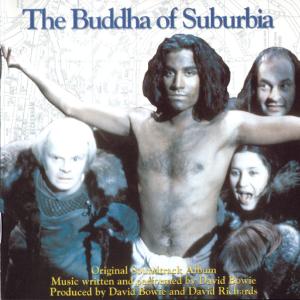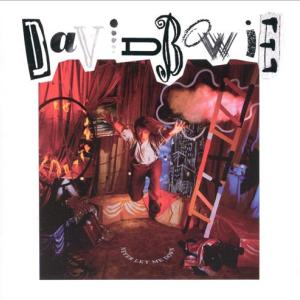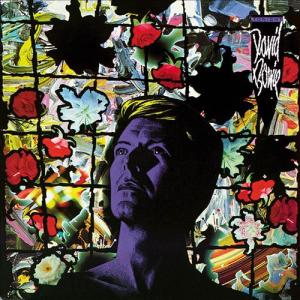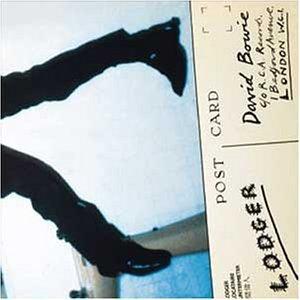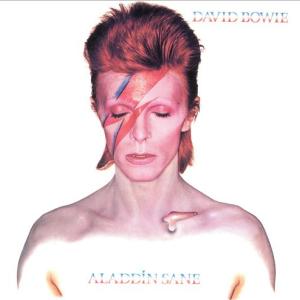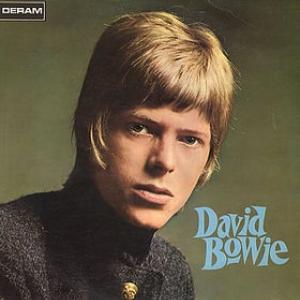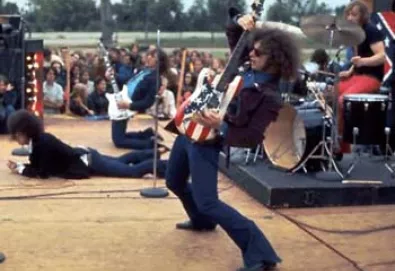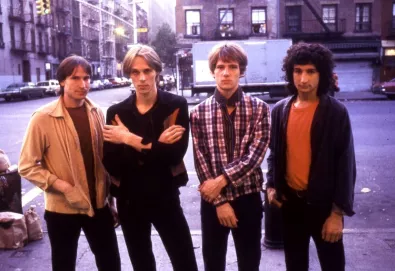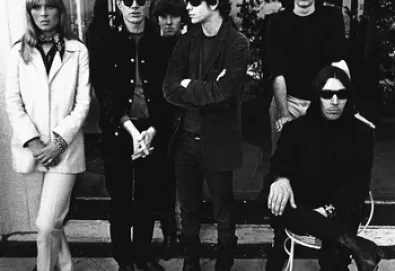One of the most cultured and influential figures in the so-called modern pop/rock, David Bowie made his name on the music scene with a collection of masterpieces of pop music released during the 1970s. Even though he did not stop producing in the following decades, it was at that time that the icon Bowie experimented, flirted with youth culture trends and transformed himself by incorporating characters, such as Ziggy Stardust, the most celebrated. Transformations that earned him the nickname "chameleon of rock" and led his music to be associated with diverse genres, such as proto-punk, punk, art rock, glam rock, new wave, gothic, new romantics, dance rock, electronics, among others.
Singer, composer, multi-instrumentalist, producer, painter and actor, David Bowie was born as David Robert Haywood-Jones in Brixton, London, on January 8, 1947. In the 1960s, he was a member of some groups, before starting a solo career. His first album, David Bowie, came out in 1967. However, it was from the second (also self-titled), released that in 1969, that the English singer started to conquer critics and audiences. This second album was re-released in 1972 as Space Oddity, the name of his most famous track. Bowie subsequently released The Man Who Sold the World (1970), Hunky Dory (1971) and The Rise and Fall of Ziggy Stardust and the Spiders from Mars (1972). Considered one of the best albums of the decade, the singer's fifth album is about the character Ziggy Stardust, an alien popstar.
Aladdin Sane (1973), Pin Ups (1973) and Diamond Dogs (1974) were the next albums. Pin Ups is a cover album. In 1975, the singer released Young Americans, a work influenced by soul music. The following year, he released Station to Station, absorbing influences from German music practiced by groups like Kraftwerk and Neu!. This influence caused Bowie to move to Berlin, where he recorded three experimental albums (the so-called Berlin trilogy) with Brian Eno and producer Tony Visconti — Low (1977), Heroes (1977) and Lodger' (1979). After the stage in Berlin, Bowie released Scary Monsters in 1980, an album that was also much loved by his fans.
During the 1980s, he released Let's Dance (1983), Tonight (1984) and Never Let Me Down (1987). With a more accessible pop, Let's Dance brought several hits, such as the title track, "Modern Love" and "China Girl". In 1988, David Bowie formed a band called Tin Machine, which released two studio albums — Tin Machine (1989) and Tin Machine II (1991).
His solo career continued in the 1990s with the albums Black Tie White Noise (1993), Outsid' (1995), Earthling (1997) and Hours... (1999), which despite receiving some positive reviews did not excite.
In the early 21st century, Bowie released two good albums - Heathen (2002) and Reality (2003), both produced by Tony Visconti. Heathen brought a cover of "Cactus", a song by the American band Pixies.
After a ten-year hiatus, the English musician returned in 2013 with the acclaimed album The Next Day. In October 2015 it was announced that Bowie would release a new album on January 8, 2016, when he would be 69 years old. Released on that date, the artist's 25th album was titled Blackstar. On January 10, two days after that release, David Bowie died of liver cancer.
- Origin:
- Log in or register to post comments













